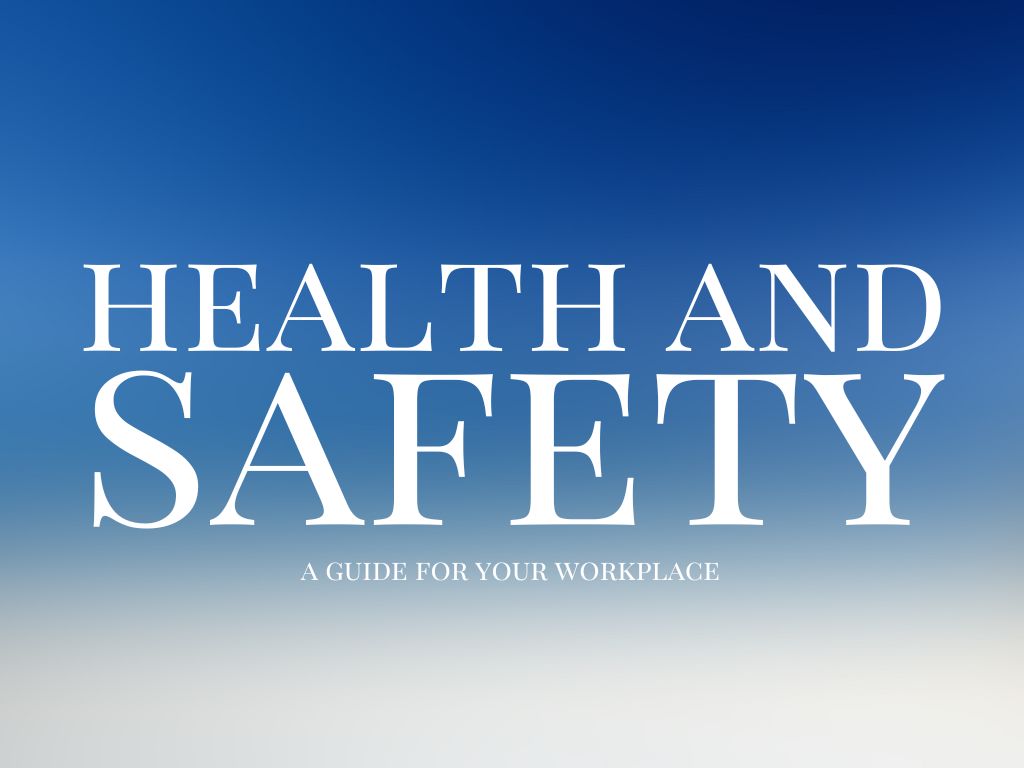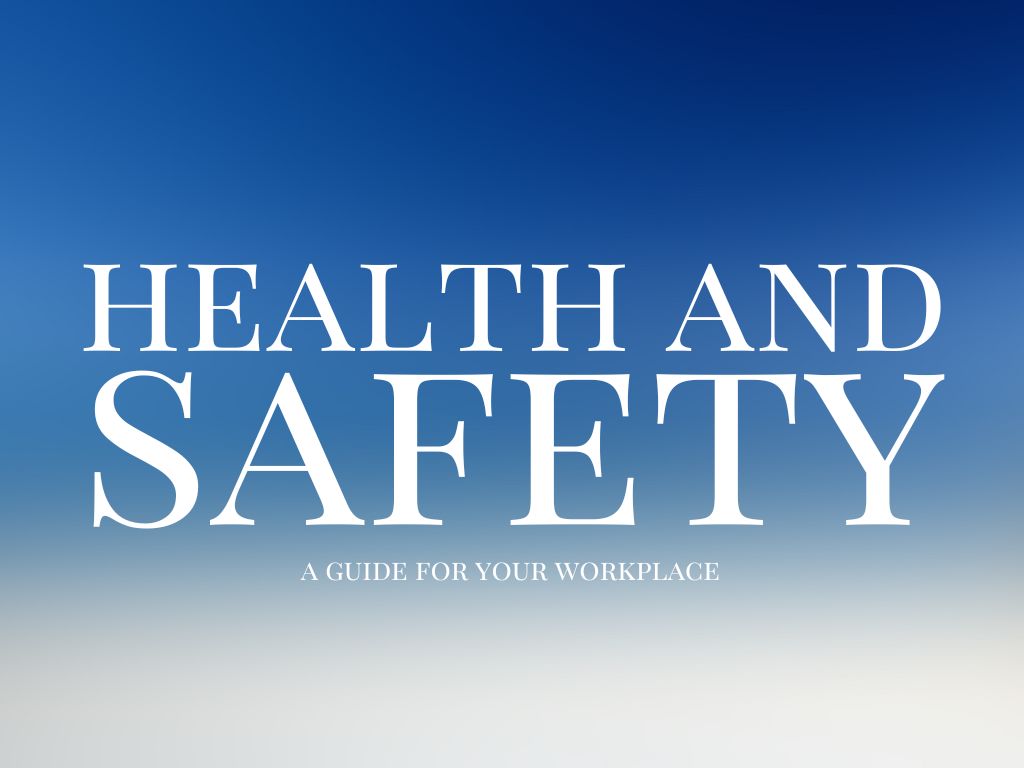The Impact of Poor Relationship Quality on Mental Health
Relationships are fundamental to our well-being, providing support, love, and a sense of belonging. However, when relationships are strained or unhealthy, they can significantly impact mental health. Understanding the effects of poor relationship quality is crucial for recognizing and addressing these issues. Here's how poor relationship quality can affect mental health and what can be done to improve it.
1. Increased Stress and Anxiety
Unhealthy relationships often involve constant conflict, misunderstandings, and emotional turbulence. This environment can lead to chronic stress and anxiety, as the individual may feel continuously on edge, waiting for the next argument or issue to arise.
2. Depression and Low Self-Esteem
Negative relationships can lead to feelings of inadequacy and low self-worth. Constant criticism, lack of support, and emotional neglect can make individuals doubt their value and capabilities, potentially leading to depression.
3. Emotional Exhaustion
Dealing with toxic relationship dynamics can be emotionally draining. The energy expended in managing conflicts and negative emotions can lead to emotional exhaustion, making it difficult to engage in other aspects of life fully.
4. Social Isolation
Poor relationship quality can result in social isolation. Individuals may withdraw from other social interactions due to shame, embarrassment, or fear of judgment. Isolation can further exacerbate feelings of loneliness and depression.
5. Impact on Physical Health
The stress from unhealthy relationships can manifest physically, contributing to issues like headaches, sleep disturbances, and weakened immune function. Chronic stress can also increase the risk of conditions like heart disease and hypertension.
6. Negative Coping Mechanisms
To cope with the distress of poor relationships, individuals might turn to unhealthy coping mechanisms such as substance abuse, overeating, or other addictive behaviors. These can further deteriorate mental and physical health.
7. Impaired Functioning
Mental health issues stemming from poor relationship quality can impair daily functioning. Individuals may struggle with concentration, productivity, and maintaining a balanced life, affecting their professional and personal responsibilities.
Strategies to Improve Relationship Quality
1. Effective Communication
Clear and respectful communication is key to resolving conflicts and understanding each other’s needs. Practice active listening and express your feelings openly without blame.
2. Seek Professional Help
Couples therapy or individual counseling can provide valuable insights and tools for improving relationship dynamics. A professional can help address underlying issues and foster healthier interactions.
3. Set Boundaries
Establishing and respecting personal boundaries is crucial in any relationship. Boundaries help maintain a sense of self and prevent one partner from feeling overwhelmed or controlled by the other.
4. Prioritize Self-Care
Taking care of your mental and physical health is essential. Engage in activities that you enjoy and that help you relax. Self-care can provide the strength needed to deal with relationship challenges.
5. Practice Empathy and Patience
Understanding and empathizing with your partner’s perspective can reduce conflict. Patience allows time for growth and change within the relationship.
6. Foster Mutual Respect
Healthy relationships are built on mutual respect. Acknowledge each other’s strengths and achievements, and support each other’s personal growth and well-being.
When to Walk Away
Sometimes, despite best efforts, relationships may remain toxic or harmful. In such cases, recognizing when to walk away is important for preserving mental health. If a relationship involves abuse, whether physical, emotional, or psychological, seeking safety and professional help is paramount.
Conclusion
Poor relationship quality can profoundly impact mental health, leading to stress, anxiety, depression, and a host of other issues. By recognizing the signs and taking proactive steps to improve relationship dynamics, individuals can protect their mental well-being. Healthy relationships contribute to a happier, more fulfilling life, underscoring the importance of nurturing positive interactions and seeking help when needed.




0 Comments